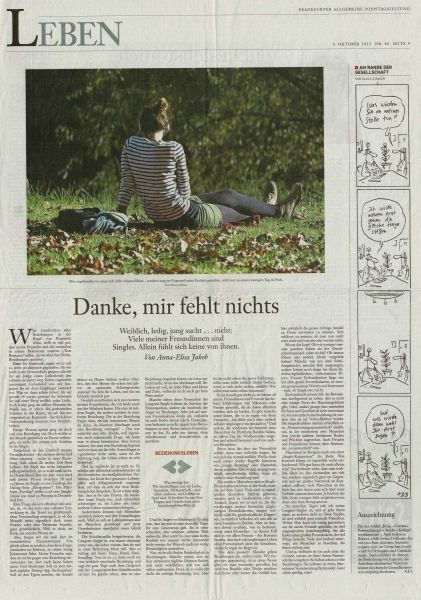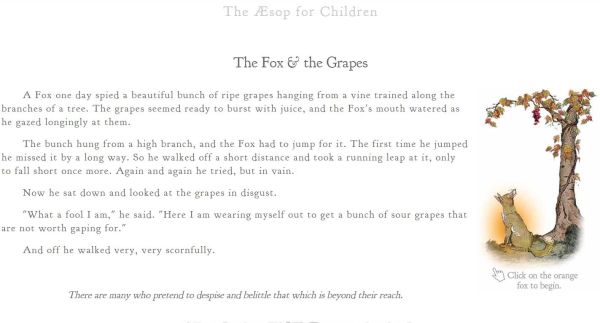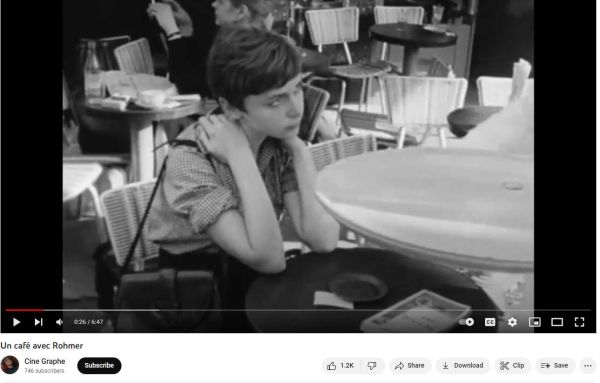Happy Singles
HAPPY SINGLES
Anna-Elisa Jakob published an interesting article, "Danke, mir fehlt nichts," for the Sunday edition of the Frankfurter Allgemeine, October 22, 2022. In English, the title means, "Thanks, I'm not lacking anything." In context, the title suggests that someone has asked a young woman, "Don't you dislike being single?" Is something wrong with young people, who don't want to get married?
The question embarrasses young German women, as it does women in America. The Germans have borrowed an American expression "single-shaming." So the women have adopted a defensive reply, "I couldn't be happier," to fend off the skeptics. Maybe it works, but the figure in the photo has her back turned to the camera, as if to hide her vexation and maintain her anonymity.
Jakob explains that most of her friends from university—now in their mid-twenties—remain single. Perhaps half of them have given up the search for a husband. They continue to peruse dating-sites on-line. Jakob suggests, among other things, that dating-sites have replaced social-networks as the place to get a date. Curiously, Jakob makes little mention of social media, which young people, the biggest users of social-media, would surely notice.
Jakob writes disdainfully about school-boys who write love-letters to girls, who proclaim undying love in woefully exaggerated terms—a "pathetische Schwüre." The romance catches boys up in an unbearable fantasy that turns a romance into a fantasy-fueled obsession that Jakob calls a "herrlich-feine Gratwanderung."
Or at least the girls see it that way. They turn away from the boys' exaggerated representations of their attributes, that Jakob calls a "knallplötzlichen Verlieben." The girls cling to a more mundane verisimiltude. They want to dress like a million dollars. They just don't want the boys to treat them like a million dollars, because they don't believe they are worth that much!
Besides that, neither the boys nor the girls want to fall in love irrevocably, so that they forget their career-plans and individual-ego so quickly. "It is more difficult for a person who has been single for a long time to join his life with another person's." The forward-movement and pattern of their lives is too "festgelegt," set in stone, so to speak.
She goes on, "Many see this phenomenon as a consequence of women's emancipation. Others see it as an expression of an "Angst vor Bindungen," or anxiety attachment. Jakob doesn't put much stock in either of those explanations. She thinks that German girls grew up in a stable, predictable world, but that the world and its future appear unpredictable. If anything, Germans have a wish for a little more "Beständigkeit," a life with more certainties. Jakob adds that young people function best with people who share their "Werte und Interessen," personal interests and value system.
Whatever the reason, more German women have resigned themselves to a life without a husband, which saddens me. They even deceive themselves by saying, "I don't need a husband. He would let me down, anyway. Better not to have one." It reminds me of the Aesop Tale about "The Fox and the Grapes". The fox jumps for the grapes, which are out of his reach. He walks away convinced that he doesn't need the grapes, anyway. They are probably sour.
May I suggest to single boys and girls, who have decided that they don't need a spouse, to take the time to watch a few movies by the French film director Eric Rohmer. His films often deal with the lonely boys and girls who haunt Parisian cafés, hoping to find their dream-mate. Look at the faces of these people and ask yourself if you can really satisfy your hunger for an intimate partner with a "Freundenkreis," a group of friends.






